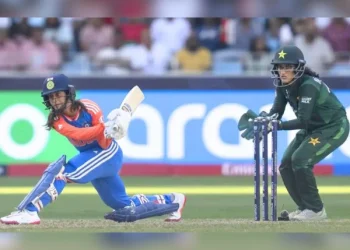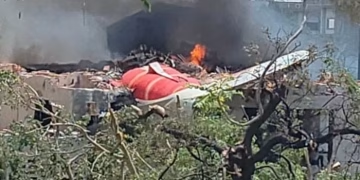On May 12, 2007, Karachi was engulfed in a day of violence and tragedy that left an indelible mark on the city’s history. The day, remembered as one of the blackest in Karachi’s chronicles, witnessed more than 50 lives lost amidst widespread chaos and unrest.
Seventeen years later, the memories of that fateful day still haunt the people of Karachi, prompting questions about the events that transpired and the motives behind them, as well as calls for government action to prevent such incidents in the future.
May 12th, 2007:
On this day, while Rawalpindi saw Pervez Musharraf addressing a rally alongside PML-Q leadership, Karachi descended into chaos as the city appeared to be under siege from the Muttahida Qaumi Movement (MQM), the political party in power at the time.
The unrest began with the arrival of former Chief Justice Iftikhar Muhammad Chaudhry, who was riding a popular movement against the government of the time, at Karachi’s Jinnah International Airport. Pakistan Peoples Party (PPP), Jamaat-e-Islami, and Awami National Party (ANP) supported the chief justice, while the MQM, an ally of President Musharraf, opposed his entry into the city.
As Chaudhry’s supporters prepared to welcome him, the MQM organized a demonstration of their own to protest against the politicization of the issue of the judge’s suspension. The situation quickly escalated into violence, with gunfights and clashes erupting across Karachi between supporters of the chief justice and MQM activists. Government machinery was used to block major roads, and police, accused of being complicit, remained silent as violence ensued.
The media was also targeted, with MQM activists attacking AAJ TV headquarters, an act broadcast live on television.
Who Was Responsible?
While the events of May 12, 2007, were marked by violence orchestrated by various political factions, accountability for the tragedy remains elusive. Waseem Akhtar, then the provincial home adviser to the chief minister, played a frontline role in the catastrophe. However, he was not alone, with other MQM leaders and officials accused of involvement. Despite confessions and arrests, no main culprits have been held accountable, raising questions about the effectiveness of the justice system and the need for stronger accountability measures.
May 12, 2007, stands as a grim reminder of Karachi’s turbulent political landscape and the challenges of ensuring peace and stability in the city. While the events of that day may have faded from public memory, the need for justice and accountability remains as pressing as ever. As Karachi continues its journey toward progress and prosperity, it must reckon with its past and strive for a future free from the specter of violence and tragedy.







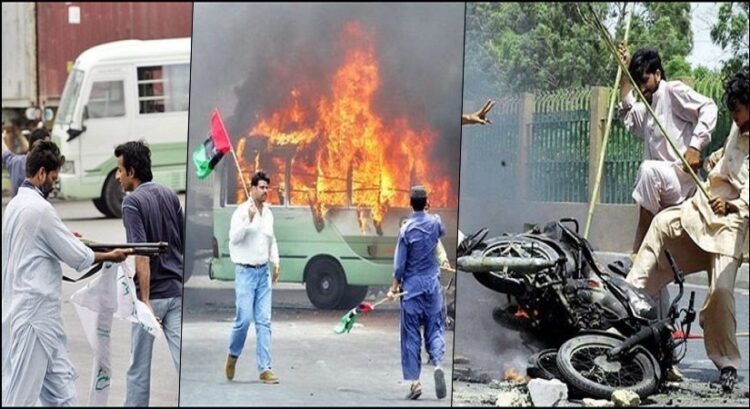


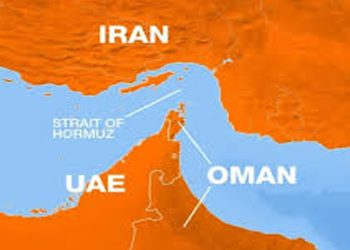



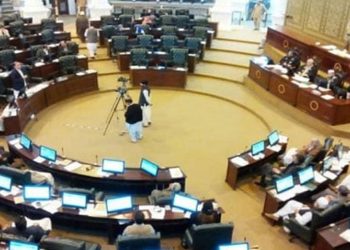


![This handout photo released by the IRGC’s official Sepah News Telegram channel shows smoke billowing from a site bombed by Israel in Tehran early on June 13, 2025 [Sepah News/AFP]](https://mmnews.tv/wp-content/uploads/2025/06/Israel-attack-on-Iran-350x250.jpg)



